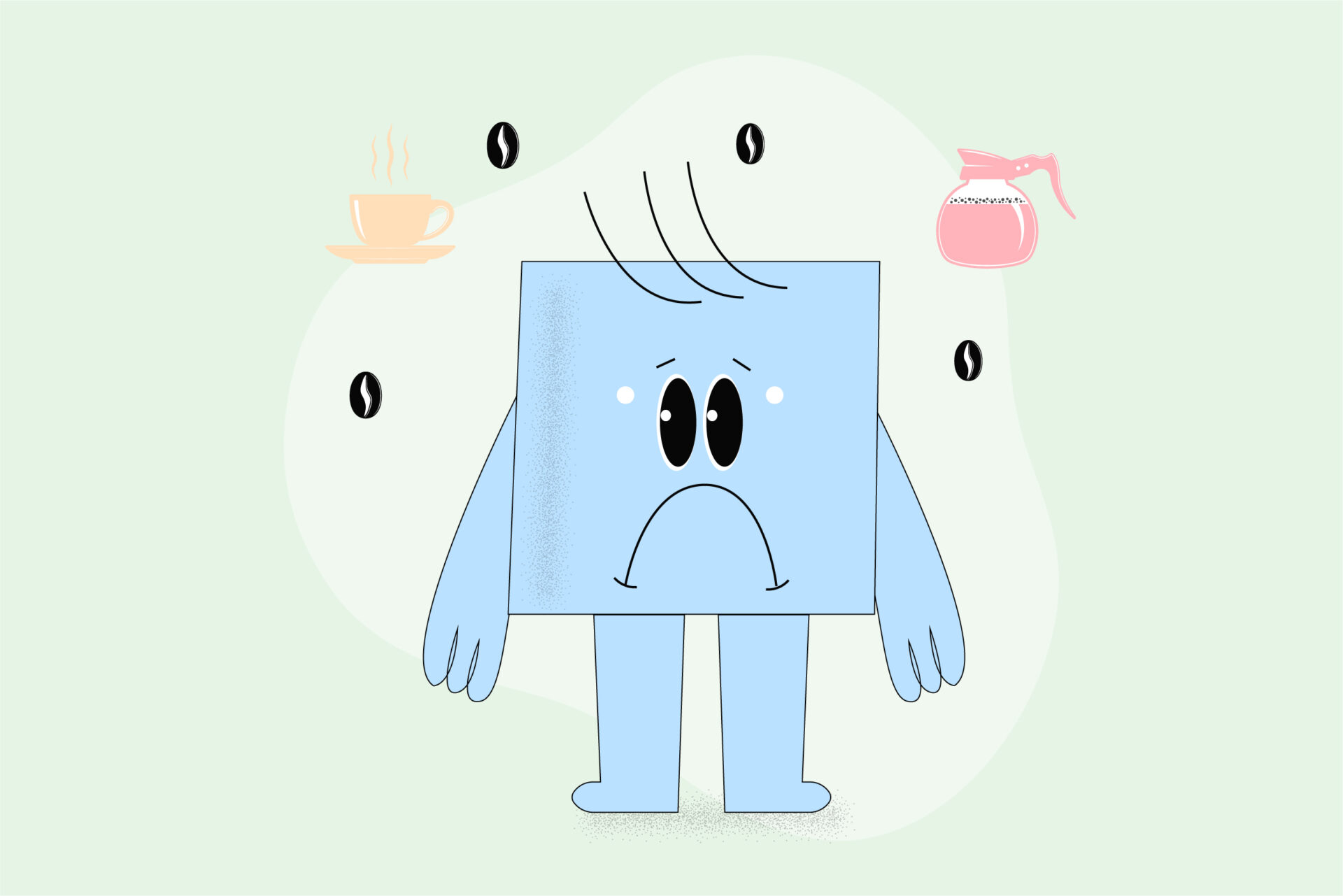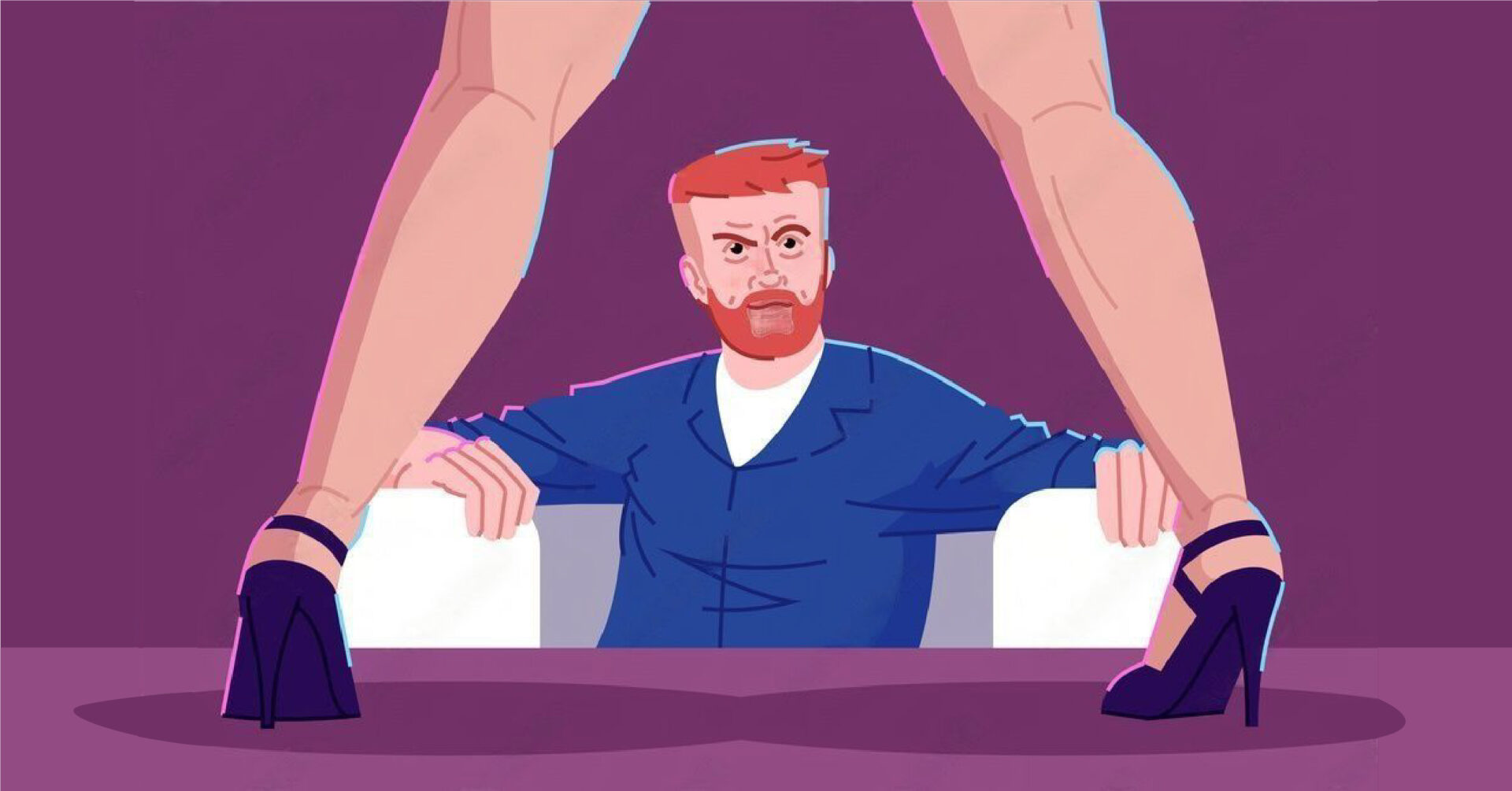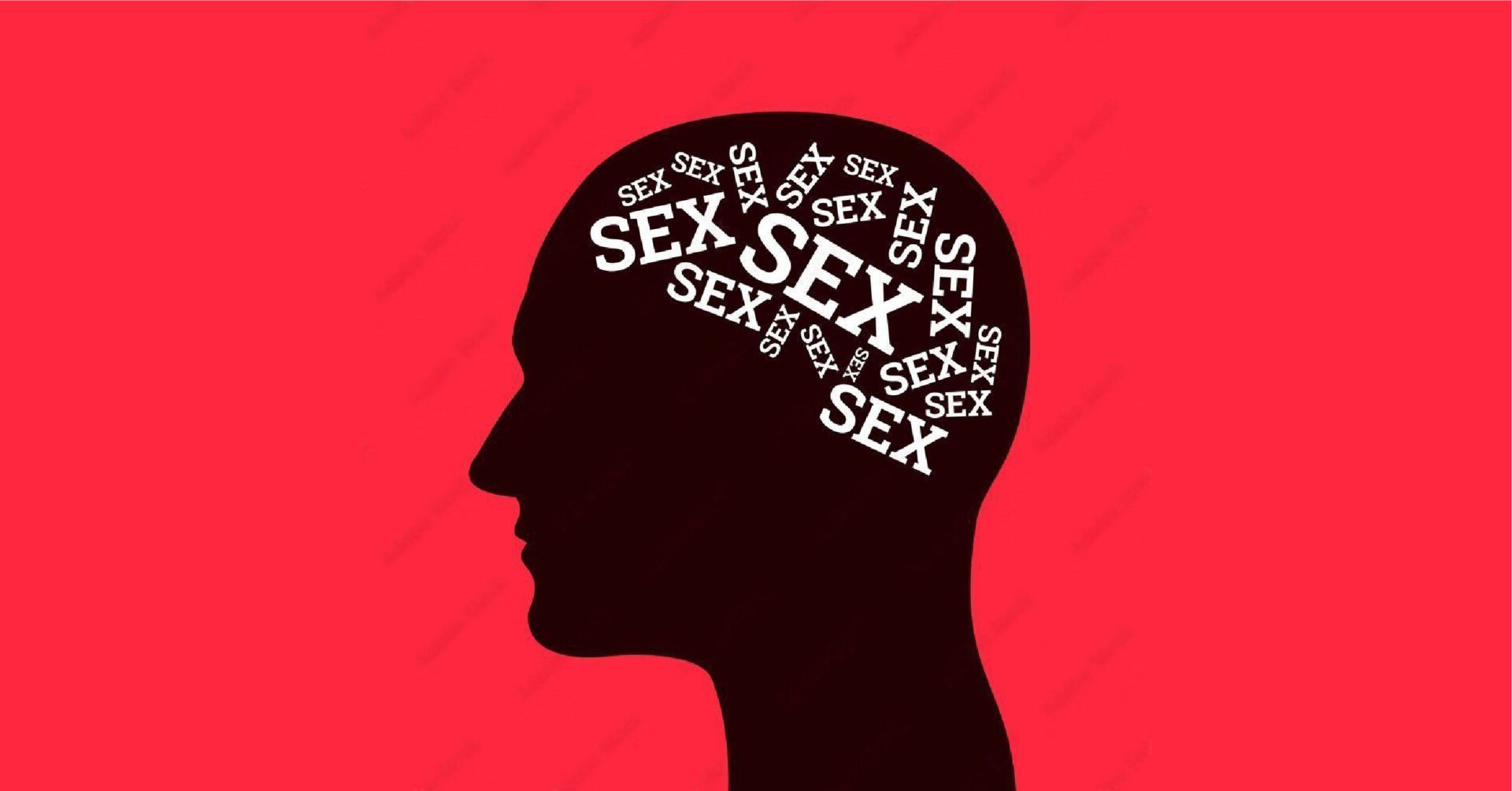People with a caffeine addiction have a tendency to function poorly without tea, coffee or other forms of caffeine. They may experience all kinds of symptoms if they don’t get their dose of caffeine. People who are highly dependent on caffeine will experience headaches, fatigue and low energy, anxiety, racing thoughts, difficulty in concentrating, mood swings and irritability, tremors, twitching eye and even a gloomy mood and brain fog without caffeine. If this sounds like you, you should take a caffeine addiction test.
This tends to vary depending on the strength of the drink in question. But research suggests that people who consume a minimum amount of 100 mg of caffeine per day, which equals about 1 cup of coffee, can develop a physical dependence on the drink, the absence of which can trigger some of the effects we have stated above. If this is the case, take a caffeine addiction test.
Caffeine is a stimulant. And while many studies show that small amounts of caffeine can be good for the system. And many people prefer to drink coffee and plan social occasions around coffee and coffee meetings. And this can turn into an unhealthy physical dependence and even cause digestive issues and problems in sleep patterns, as well as irritability and mood swings when caffeine isn’t consumed. But, since caffeine doesn’t pose the same kind of physical social or economic threats as alcohol or drugs, it is often not seen as a problem. But no, it is not ok to be addicted to caffeine. If you feel you may be addicted to it, take a caffeine addiction test online.
An addiction is an addiction. But since caffeine is a stimulant that has effects on the mind and body, the addiction will also affect both aspects of your self. If you feel you have a high dependency on tea, coffee and other caffeinated beverages, you should consult someone or even take a caffeine addiction test. An addiction is something that affects the mind and body, so even on a psychological level, caffeine addiction can affect you.
The first step is to recognise your addictive tendencies and seek help and diagnosis. An easy way to test whether you have a caffeine addiction is by taking a caffeine addiction test. This well help you understand where you stand. After that, work on the physical patterns. Limit your intake, opt for non-caffeinated or decaffeinated beverages, and gradually reduce your caffeine intake. You can also change your habits and routines to avoid reaching for a cup of coffee in the afternoon or first thing in the morning. For example, if you feel a 4 pm afternoon slump and feel like drinking coffee, do some stretches or go for a quick walk around your workplace instead to re-energise. Or opt for plain water with lime. It is also important to up your intake of water as you break free from your caffeine addiction.
Caffeine is a stimulant — it increases activity in your brain and nervous system. This is why too much caffeine can pose a problem to your health and well-being. A caffeine addiction test can help you figure out if you have a heavy dependency on caffeinated drinks.
Caffeine is known as a vasoconstrictor, or an ingredient that makes the blood vessels tighten. This may seem like a good thing, making your skin look brighter and smoother. But caffeine can also make your skin dry out.
Coffee as a topical ingredient can be good for your skin. Applying coffee directly on your skin as a skincare product can help with dark spots, redness, fine lines etc. However, consuming too much coffee, especially milky and sugary coffee, may cause your skin to break out, depending on how much you drink. If you feel you drink too much coffee and it has a negative effect on your skin, take the caffeine addiction test to find out more.
When consumed in proper amounts, caffeine can be good for your brain. It is a stimulant that increases your sense of alertness. It can also be a mood booster. But, too much caffeine, and concentrated doses of it, can cause anxiety and mood swings and impair memory. If you feel you can’t function properly without caffeine/tea/coffee, take the caffeine addiction test.





